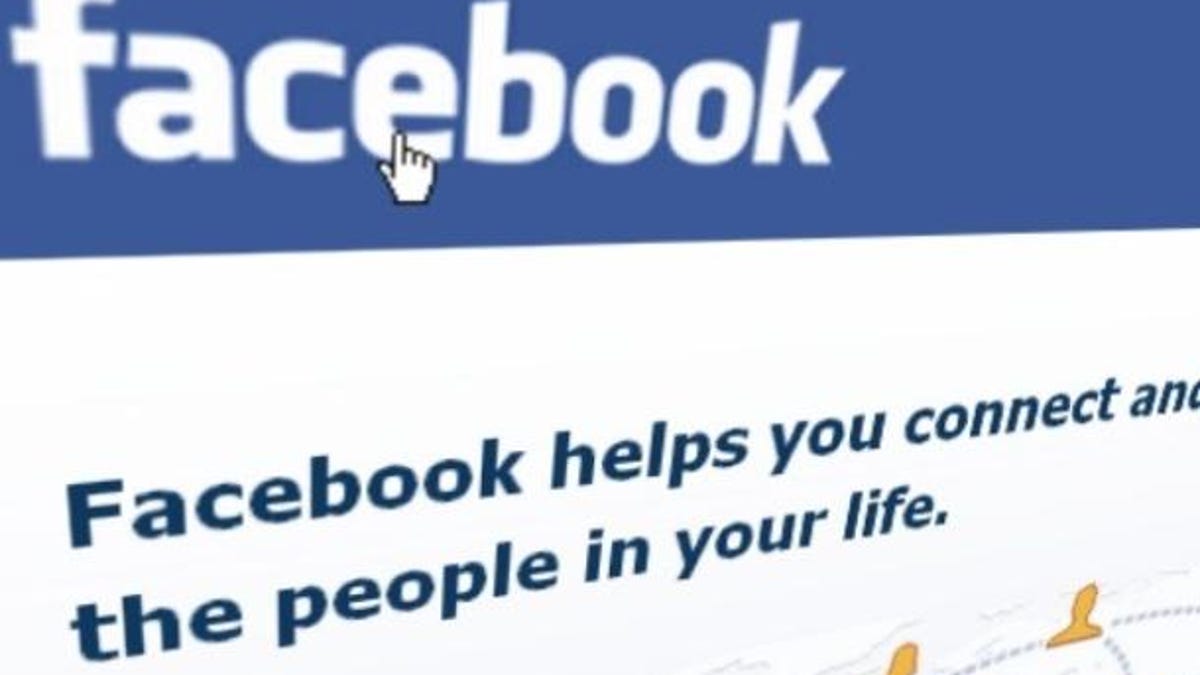On Facebook, good (and bad) moods are infectious
A new study shows that comments on the social network, like "the world is beautiful," often provoke similar posts, as do comments like, "Dear neighbor, go suck it."

Isn't it interesting when someone posts a highly positive comment on Facebook and tons of their friends "like" the post and chime in with like-minded comments? Likewise, the same happens with negative comments. This is no coincidence.
A new study published in Plos One on Wednesday by researchers from the University of California at San Diego says that moods on Facebook are contagious. While negative posts definitely beget negative posts, positive posts are apparently more infectious.
"Our study suggests that people are not just choosing other people like themselves to associate with but actually causing their friends' emotional expressions to change," James Fowler, UC San Diego School of Medicine professor and the study's lead author, said in a statement. "We have enough power in this data set to show that emotional expressions spread online and also that positive expressions spread more than negative."
To get their results, the UC San Diego researchers analyzed more than 1 billion anonymized status updates between more than 100 million US Facebooks users from January 2009 to March 2012. They found that each negative post yielded 1.29 more negative posts from friends, while each positive post yielded 1.75 additional optimistic posts.
While those numbers don't seem huge, they could have an impact when multiplied by hundreds or thousands of people. In the study, the researchers wrote that emotions "might ripple through social networks to generate large-scale synchrony that gives rise to clusters of happy and unhappy individuals."
If those emotions multiply even more throughout our increasingly digitally connected planet, "we may see greater spikes in global emotion that could generate increased volatility in everything from political systems to financial markets."
While there are most likely people who are annoyed by positive or negative comments but feel compelled to "like" them because their "friends" posted them, this study isn't the first to show that social media influences users' behavior.
Over the years, Facebook has been blamed for depression, isolation, jealousy, and various other types of emotions. A recent study by a Florida State University psychology professor showed that young women felt bad about their looks after comparing themselves with female friends on Facebook.
According to Fowler, understanding emotions on social networks could help fight negative feelings and increase overall public happiness.
"If an emotional change in one person spreads and causes a change in many, then we may be dramatically underestimating the effectiveness of efforts to improve mental and physical health," Fowler said. "We should be doing everything we can to measure the effects of social networks and to learn how to magnify them so that we can create an epidemic of well-being."

